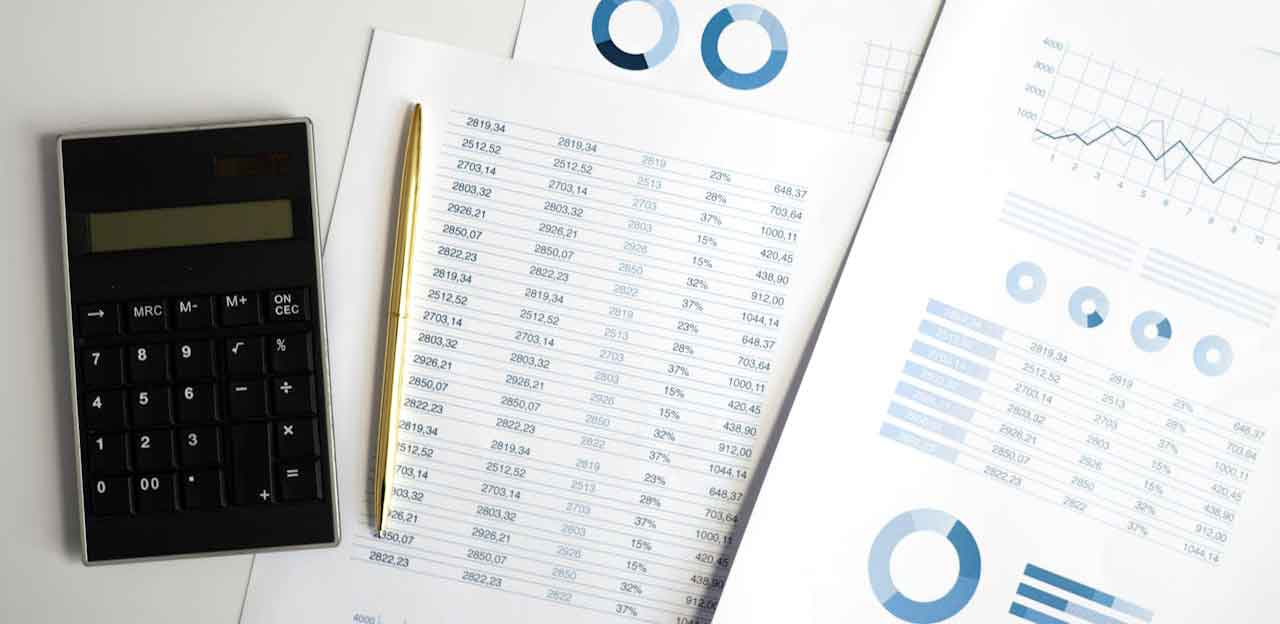Improving your financial health is a goal most people set for themselves at the start of the year. With rising costs, unexpected expenses, and fluctuating incomes, managing your finances wisely can make all the difference. Fortunately, there are simple steps you can take to cut costs and boost your financial well-being. Here are practical ways to help you achieve better financial health this year.
Review and Adjust Your Budget
The first step toward improving your financial health is to evaluate your current spending habits. Review your budget and identify areas where you can reduce unnecessary expenses. Start by categorizing your expenses into essentials (like rent, utilities, and groceries) and non-essentials (like dining out, subscription services, and entertainment). Cutting back on non-essentials can provide immediate savings.
Look for subscriptions or services you no longer need or use. For example, if you have multiple streaming services, consider consolidating them or canceling those you hardly ever use. Even small monthly expenses can add up over time, so trimming these costs can have a significant impact on your budget.
Shop Smarter for Insurance
Insurance is one of the most essential aspects of your financial plan, but it doesn’t have to be one of your most expensive. With so many options out there, it’s easy to overlook how much you’re paying for car, home, and health insurance. Shopping around and comparing quotes can help you find better deals without compromising coverage.
You can save money on insurance by using online platforms that connect you with multiple providers. Services like Coverage Professor make it easier to compare different plans and find one that fits your needs at a lower cost. These platforms take the hassle out of searching for quotes, ensuring you get the best deal possible for the coverage you need.
By making a few adjustments to your insurance policies you could see significant savings, freeing up money to put toward other financial goals.
Reduce Debt with a Strategic Payment Plan
If you’re carrying debt, it’s important to tackle it head-on. Interest rates on credit cards, student loans, and other forms of debt can quickly snowball and eat away at your financial health. One of the best ways to reduce your debt load is by focusing on high-interest debt first, such as credit card balances.
Consider creating a debt repayment strategy, such as the debt snowball or debt avalanche method. The debt snowball method involves paying off your smallest debts first, while the debt avalanche method focuses on tackling the debts with the highest interest rates. Both approaches can help you stay motivated and reduce your overall debt more efficiently.
Additionally, look into refinancing options for loans, like student loans or mortgages. Refinancing can lower your interest rate, reduce your monthly payments, and save you money in the long run. With interest rates fluctuating, it’s worth exploring these options to see if refinancing is right for you.
Embrace Energy Efficiency
One area where many people waste money is in energy consumption. High electricity and utility bills are a common source of unnecessary spending. By making small changes to your home or lifestyle, you can reduce your energy usage and lower your monthly bills.
Start by switching to energy-efficient appliances and light bulbs. These changes can make a noticeable difference without costing you much upfront. You can also adjust your thermostat to save on heating and cooling costs, especially when you’re not at home. Even unplugging electronics when they’re not in use can save you money over time.
In addition, consider weatherproofing your home to prevent drafts and improve insulation. Simple fixes like sealing windows and doors or adding insulation can reduce heating and cooling costs, which are often among the highest utility bills in a household.
Make Your Meals at Home
Dining out or ordering takeout can be convenient, but it also adds up quickly. Making meals at home is one of the easiest ways to cut costs and improve your financial health. Not only will you save money, but you’ll also have better control over your food choices, helping you eat healthier while sticking to your budget.
Start by planning your meals for the week and creating a shopping list based on what you need. Buying in bulk, shopping for seasonal produce, and choosing generic brands can also help you save money on groceries. If you find yourself getting tired of cooking, you can batch-cook meals or prepare easy-to-make dishes that can be frozen and reheated later.
In addition, try limiting your dining out to special occasions or weekly treat nights, rather than making it a regular habit. You’ll be surprised at how much money you can save by just cooking at home more often.
Conclusion
Improving your financial health doesn’t have to be complicated or overwhelming. By reviewing your budget, shopping smarter for insurance, tackling debt, saving on energy costs, and making meals at home, you can start cutting costs and boosting your financial well-being. Taking these simple steps now can set you up for financial success in the long run.
If you’re looking for easy ways to save on insurance, platforms like Coverage Professor can help you compare policies and find coverage that fits your needs at a price you can afford. Taking small, consistent steps towards managing your finances better can make a world of difference for your financial future.



Leave a Reply